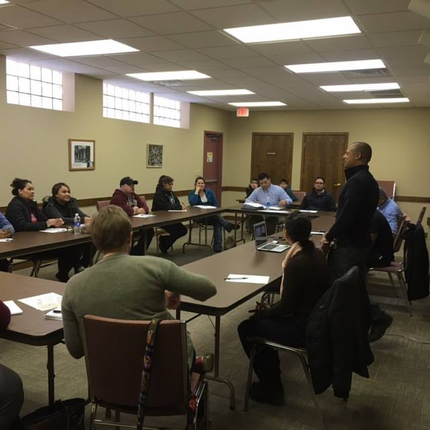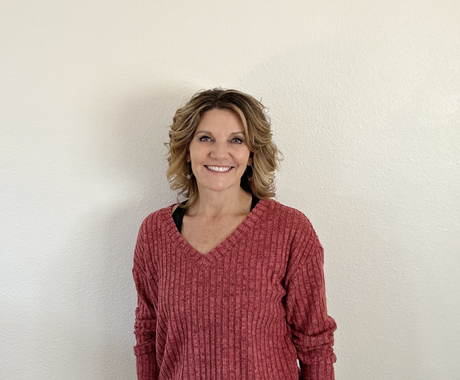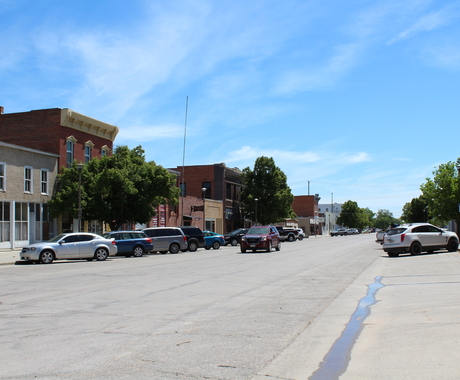By Johnathan Hladik, former policy director
Our home state of Nebraska has seen significant immigrant growth since the first wave in 1980s, and now has one of the fastest growing Latino populations in the nation. A recent report by the University of Nebraska projects the Latino population will reach 24% of the state’s population by 2050.
Furthermore, 43% of this growth has occurred in rural Nebraska. The majority population in some towns has shifted to Latino. For instance, Lexington, Nebraska, is now 60% Latino and Schuyler, Nebraska, is 65% Latino.
The story is similar in Iowa. There the Latino population grew by over 90,000 individuals - an increase of 110% between 2000 and 2014. Latinos make up more than 10% of the population in 11 of Iowa’s 99 counties. In several of these counties, this population is as high as 25%. It is anticipated that Latinos will account for 13% of the state’s population by 2050.
To date, the significant population growth is not reflected at the ballot box. According to the Pew Research Center, only 48% of Latino eligible voters turned out in 2012. This compares to 66.6% of blacks and 64.1% of whites.
Though statistics for Nebraska and Iowa are unavailable, we can look to Kansas and Indiana to better understand this trend as it applies to rural, Midwestern states. Among Latinos in Kansas only 35.9% of eligible voters participated in the 2012 election. In Indiana, participation was measured at 21.6%.
When these people aren’t voting, their voice isn’t heard by those who are elected. Those officials are the same ones new Americans look to for leadership and a better future. While this is important from the perspective of inequality and opportunity, there are also political realities at play.
We are at our best when we participate equally. For small towns like Schuyler and others to continue to grow and adapt, more work is needed to promote inclusion in the business, political, and social workings of the community. Achieving equality and eliminating the obstacles that restrict opportunity requires helping all neighbors, new or old, become engaged in our democracy.
Feature image: Pictured are members of the Comite Latino de Schuyler in Nebraska, who have sponsored educational events this spring to help people learn more about voting and how to register. | Photo courtesy of Comite Latino de Schuyler





